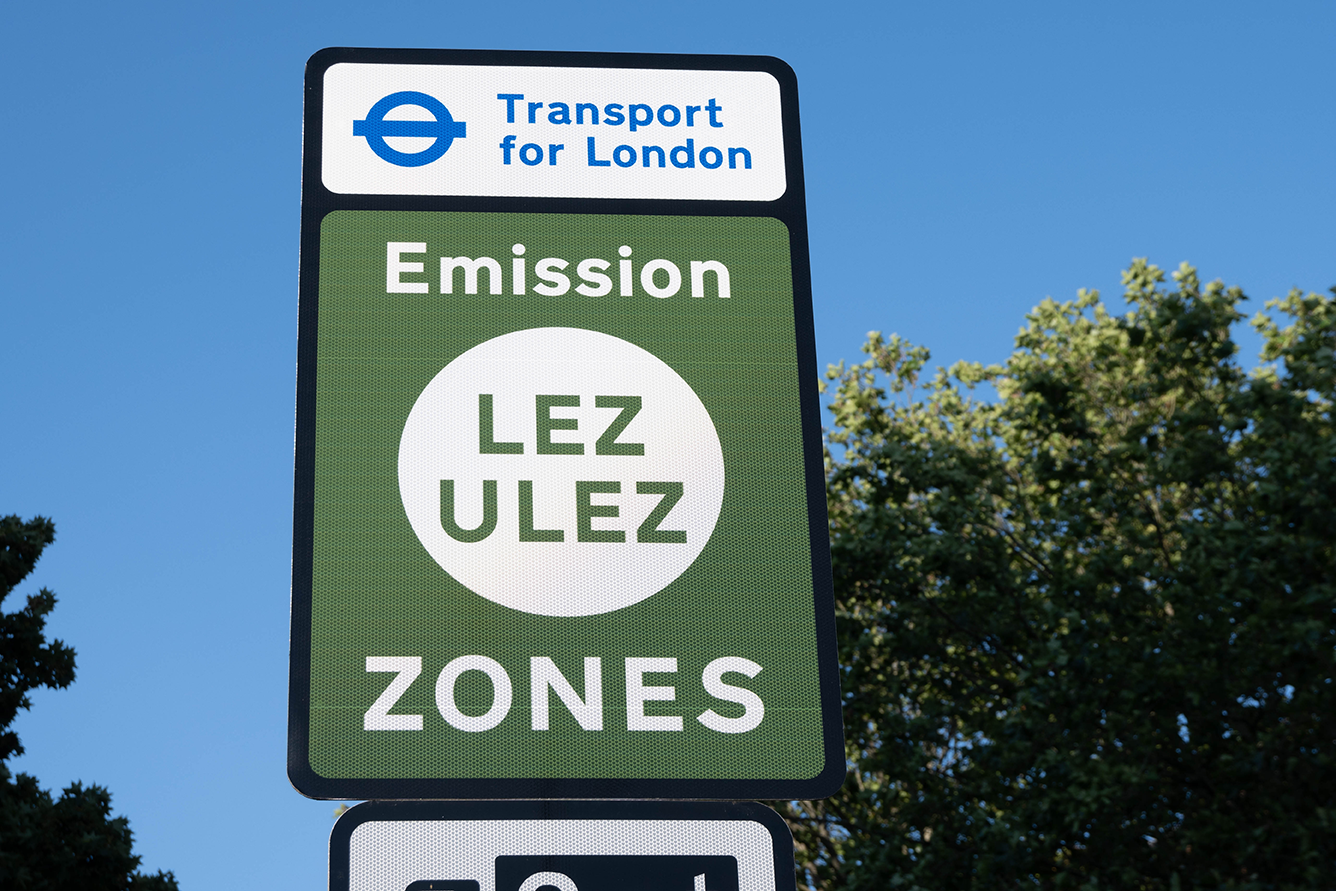London’s black cab drivers were in for a shock recently when they received penalty charge notices (PCNs) for ULEZ and Congestion Charge fees, charges from which they are typically exempt. This widespread error, affecting thousands of drivers, has since been attributed to an IT glitch at Transport for London (TfL), sparking frustration and confusion among the taxi community.
What Happened?
On October 12, cab drivers across London began reporting fines for not paying ULEZ and Congestion Charge fees despite their exemption as licensed taxis. The Licensed Taxi Drivers’ Association (LTDA), which represents these drivers, reported receiving hundreds of calls from members asking for assistance in dealing with these charges. LTDA’s general secretary, Steve McNamara, noted that the fines arrived as a shock to many, with some drivers initially considering paying to make the issue disappear.
The confusion stems from an error during a routine data upload by TfL. A spokesperson said: “We are cancelling the penalty charge notices and apologise for any inconvenience caused.” However, the impact of this glitch has been significant, with some drivers worried about escalating fees and potential bailiff involvement if the fines were not swiftly addressed. These penalty notices can double from £90 to £180 if unpaid for more than 14 days, adding unnecessary stress and financial burden on drivers grappling with the job demands.
Why Did This Happen?
According to TfL, a glitch in their system mistakenly removed the exemption status for thousands of black cab drivers. This oversight led to the automated issuance of PCNs as if the vehicles were unregistered private cars, liable for ULEZ and Congestion Charge fees. London’s Congestion Charge, which is usually £15 per day, aims to reduce traffic congestion in central London, while the ULEZ is in place to limit pollution from non-compliant vehicles.
McNamara noted that TfL’s system usually has a “whitelist” for vehicles exempt from these charges. However, the data error led to many exempt vehicles being processed as standard vehicles, thus triggering fines. This technical failure highlights the potential for large-scale issues when automated systems malfunction, particularly for heavily regulated sectors like London’s transport industry.
Plan Insurance can provide bespoke taxi insurance quotes for all UK drivers. Just fill in our short online questionnaire, and our professional brokers will be in contact to arrange your insurance.
The Response from Black Cab Drivers
Understandably, drivers have expressed outrage over these fines, with many taking to social media to voice their concerns. One driver, @NeilMartin79, shared his frustration on X (formerly Twitter) “Why @TfL @MayorofLondon am I being fined for congestion charge ??? Not Only is it an electric black taxi, the number plate says CAB too.”
Why @TfL @MayorofLondon am I being fined for congestion charge ??? Not Only is it an electric black taxi, the number plate says CAB too I shall ignore this PCN pic.twitter.com/5oNXwJSSB7
— Black Taxi Driver (@NeilMartin79) October 12, 2024
Others pointed out the irony of having to challenge fines for a status they rightfully hold. With the LTDA stepping in to support drivers, the association has been inundated with calls, overwhelming their helpline and making it difficult for members to get through
As McNamara pointed out, while the decision to cancel the fines is welcome, the sheer scale of the issue has left many drivers concerned about the stability of TfL’s systems and the process they must follow to avoid future disruptions. He advised affected drivers to monitor communications from TfL and follow up promptly on any unresolved PCNs, as failure to do so can lead to higher fees or even enforcement actions.
TfL’s Apology and Next Steps
In response to the backlash, TfL has apologised for the inconvenience and confirmed that all wrongful charges will be annulled. A TfL spokesperson cited the error as an isolated incident related to a data upload and reassured drivers that efforts are underway to prevent similar problems from occurring. While this resolution is a relief for many, the incident raises concerns about the reliability of TfL’s IT systems and their potential to disrupt the lives of London’s essential workers.
What’s Next for Black Cab Drivers?
For now, black cab drivers are advised to monitor any communications from TfL and, where necessary, challenge any future PCNs promptly. The LTDA continues to advocate for its members, and TfL has expressed a commitment to addressing these technical issues to avoid a repeat of the situation. However, this episode underscores the importance of having robust systems when dealing with regulated sectors and the need for clear communication with affected parties when errors occur.
Find out why 96% of our customers have rated us 4 stars or higher, by reading our reviews on Feefo.
